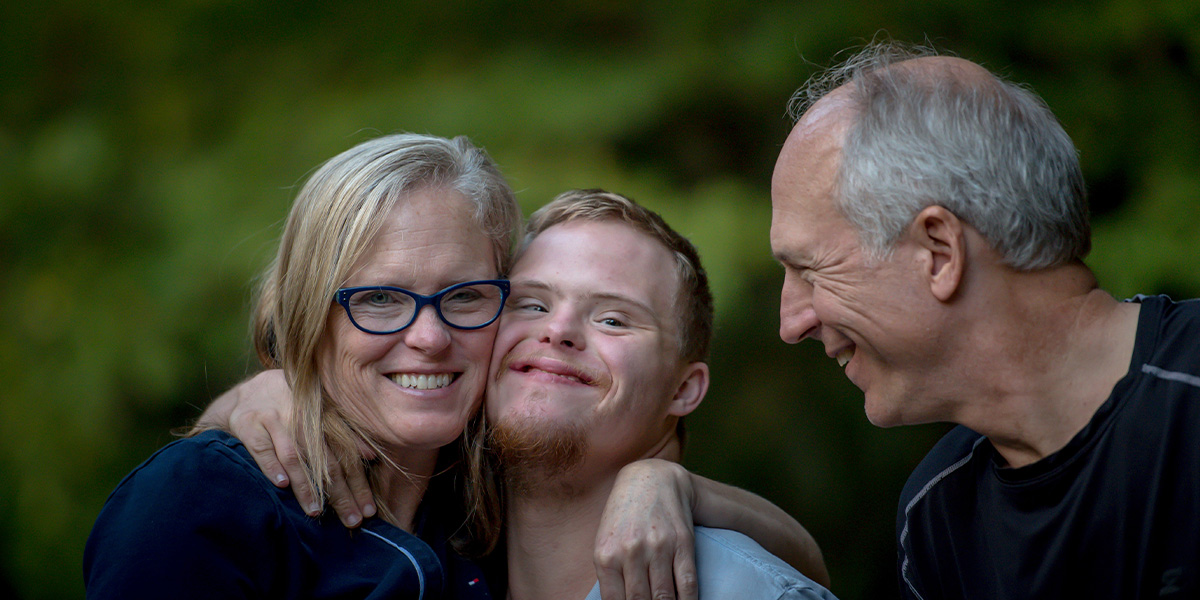Blog

Can you Receive Child Support for a Disabled Non-Minor Child?
REQUEST A CONSULTATIONCaring for a child with a disability presents unique challenges and expenses. Many of our clients with disabled children worry that when their child turns 18 (legal adulthood in Illinois), they as the parent will become solely responsible for all costs and expenses. Because child support typically ends at age 18, our clients are concerned that aid from their co-parent can legally stop after their now-adult child’s 18th birthday.
For many families that we work with, a young adult’s ability to provide for themselves, obtain a job or live on their own doesn’t necessarily change at age 18. As such, Illinois law provides for a continuation of support after age 18.
Section 513.5(a) of the Illinois Marriage and Dissolution of Marriage Act defines support for an adult dependent. But many parents still have questions. At Stern Perkoski Mendez, it’s our job to answer them and ensure you are as informed as possible about your and your non-minor child’s rights.
What Constitutes a Disability?
Illinois Law provides some assistance in defining what individuals can be covered by support after the age of 18. The law states that a “disabled” individual is:
- Anyone who has a physical or mental impairment that substantially limits a major life activity, has a record of such an impairment, or is regarded as having such an impairment.
- “Disability” means a mental or physical impairment that substantially limits a major life activity.
Your child’s disability is valid no matter their healthcare history—but having medical records defining their disability is helpful in court. In addition to medical records, demonstrating that the state provides financial support for the child can also serve as evidence of a non-minor child’s disability.
There are two additional considerations for anyone seeking support for a non-minor dependent with a disability.
- You can file an application for support for a disabled non-minor child even after they reach the age of 18. It is typically most beneficial to file as closely as possible to your child’s 18th birthday, but there is flexibility.
- The disability must have been evident in the child while they were either under the age of 18 or would have been eligible for support for college expenses.
How does the Court Figure out How Much Child Support a Parent Should Pay Toward a Disabled Non-Minor Child?
Once you establish to the Court that a non-minor’s child’s condition is considered a disability, the Court will determine how much child support is appropriate. To set child support for a disabled non-minor child, a Court considers the following:
- The income and assets of both parents, including but not limited to how much each parent has been able to save for retirement
- The income and assets of the child, if any
- What would have happened had the marriage not been dissolved
- Any other possible income available to the child such as Supplemental Security Income or State funds available to the child due to their disability
The law does not require the use of the same formula of support as a minor child without a disability. However, this formula can be one tool to estimate the amount of support necessary.
Typically, the amount of support for a disabled child is higher due to the necessity of greater care, medical costs, and other additional circumstances specific to raising a child with a disability.
Once the Court sets an amount, the Court can order a parent pay it directly to the other parent, to a trust created by the parents for the benefit of the non-minor child, or irrevocably to a trust for a beneficiary with a disability. If there is a trust, one parent may be deemed the trustee. This provides flexibility to the parent receiving the funds.
In sum, Illinois does provide substantial assistance and flexibility to ensure that non-minor children with qualified disabilities are taken care of by both parents even after the age of 18.
Contact Our Divorce and Family Law Firm in Evanston, Chicago and Lake Forest
If you’re worried about caring for your disabled child after they turn 18, my colleagues and I are eager to answer your questions. We’re here to support you through the process!
Request a free consultation or call us at (847) 868-9584. We will happily meet with you via Zoom, at our offices in Evanston, Chicago or Lake Forest, or at another location.